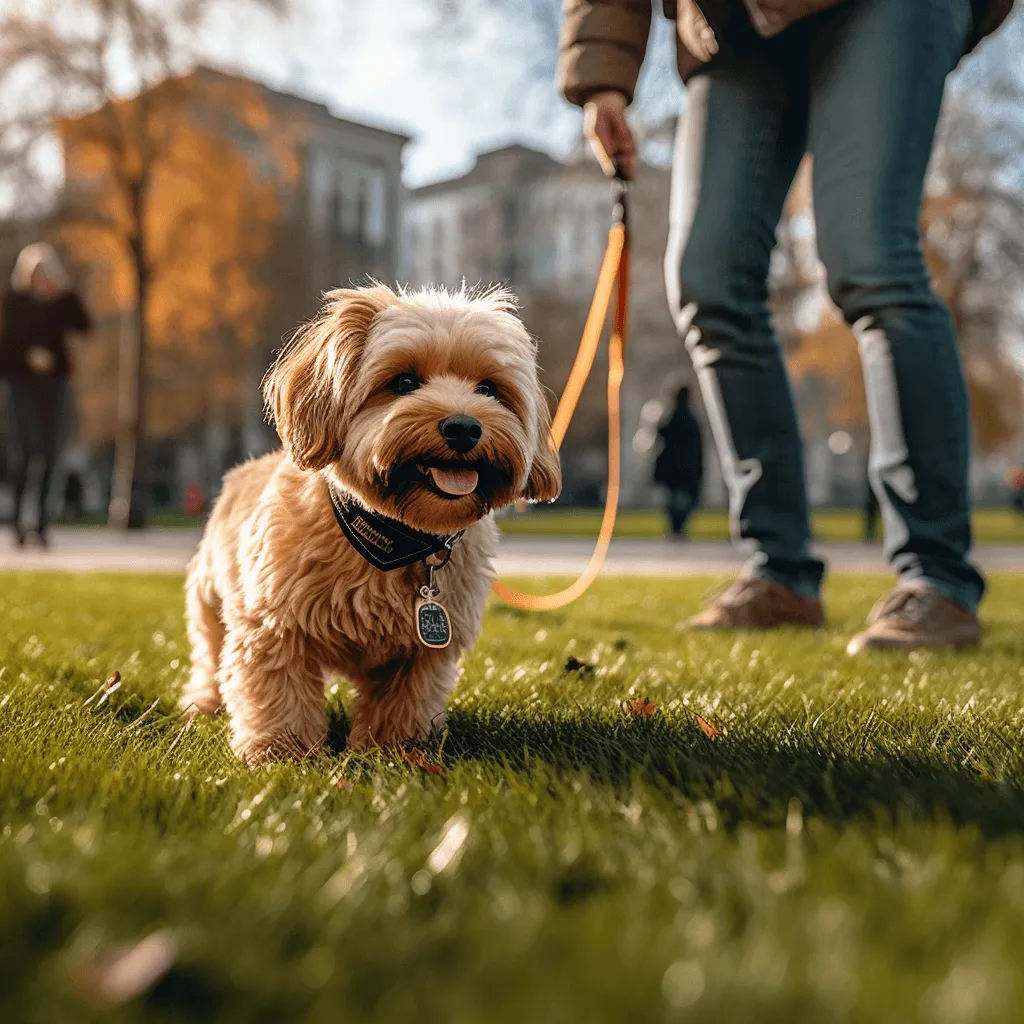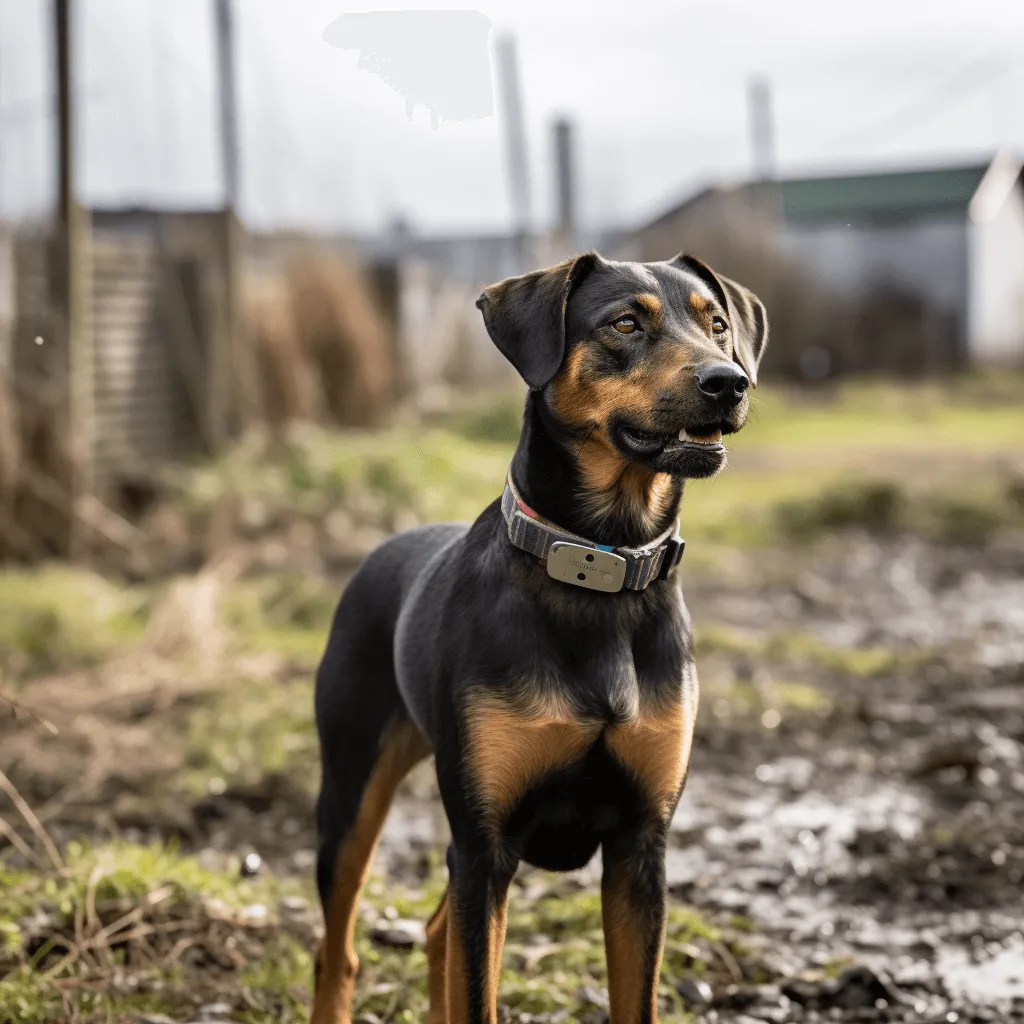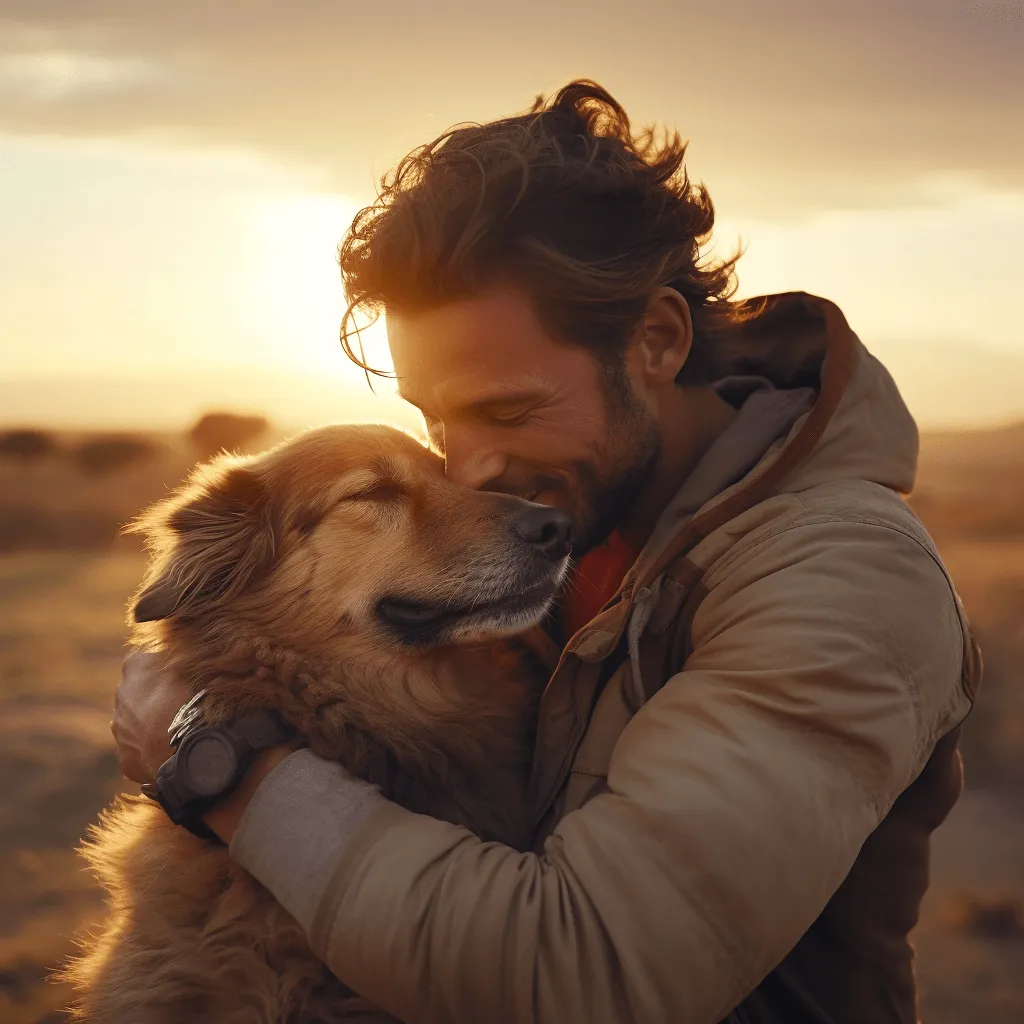Why Is My Dog Trying To Escape All Of A Sudden
The sudden urge of a dog to escape or run away can have various reasons. Dogs may try to escape in search of treats or additional stimulation that piques their interest. Fear and anxiety can also drive a dog to escape situations or stimuli that make them uncomfortable. Lack of physical activity can contribute to a dog's desire to escape if they don't have enough exercise or opportunities to release their energy. Dogs with sensitive social needs may attempt to escape in pursuit of companionship or play if they feel socially deprived. Moreover, instinctual behavior, especially in certain active and energetic breeds, can lead dogs to attempt to escape or chase objects and animals. It's important to recognize that each dog's behavior is unique, and seeking guidance from a veterinarian or professional dog trainer can provide specific advice and tailored recommendations for your particular situation.

If A Dog Runs Away Will They Come Back
When a dog runs away, there is no guarantee that they will come back on their own. The chances of a dog returning home can depend on several factors, including the individual dog's behavior, training, and the circumstances surrounding their escape.
Some dogs may have a strong instinct to return home or may have been trained to come when called. In such cases, there is a higher likelihood that they will make their way back. However, other dogs may become disoriented, frightened, or may be driven by their instincts to explore or chase after something, which can make it more difficult for them to find their way back.
What To Do When Your Dog Runs Away From You
Such events always happen so quickly. During a walk, your dog may suddenly break free and chase after another dog or something that catches their attention. Or you may accidentally leave the door open and before you know it, your dog darts out onto the street. It's a dreadful event that catches many people off guard. What should you do in this situation?
Don't Chase Your Dog
Chasing can trigger the dog’s prey drive and make it run even further. Instead, stay calm and avoid running towards your dog. Try using a calm and inviting tone to call it back. Create a positive and safe environment for it to return to, and if needed, enlist the help of others or use treats as a way to entice it back to you.
Stay Calm And Positive
It's understandable to feel panicked, but it's crucial to remain calm. Your emotions can directly impact your dog's behavior and response. Stay composed and avoid panicking or showing signs of distress. Instead, focus on projecting a sense of calmness and assurance. Use a calm and inviting tone of voice to call your dog back and offer words of encouragement.
Use Your Recall Command
One effective strategy to bring your dog back when it runs away is to use your recall word. The recall word is a specific command that you have trained your dog to respond to, typically to return to you immediately. It's important to use a recall word that your dog is familiar with and has been trained to obey.
In the heat of the moment, stay calm and firmly but calmly call out your dog's recall word. Use a confident and positive tone to get its attention and let it know it's time to come back to you. Avoid yelling or panicking, as this may cause your dog to become more anxious or continue running away.
When using the recall word, it can be helpful to use additional gestures or cues that your dog recognizes, such as clapping your hands, patting your thighs, or opening your arms wide. These signals can reinforce the command and make it more likely for your dog to respond.
Stop The Action
A useful technique is teaching your dog a fast "lie down" command. This can be easier for a dog to perform than trying to turn around and run back to you.
To encourage your dog to come back, it can be helpful to bring everyone down to ground level. Quickly sit down yourself and engage in pretend play with a toy to pique your dog's curiosity and entice it to come closer and investigate. This approach creates a calmer and more inviting environment, increasing the likelihood of your dog returning to you.

How Far Away Can A Dog Hear
The hearing abilities of dogs can vary depending on several factors, including breed, age, and individual differences. On average, dogs have a more acute sense of hearing than humans. They can typically detect sounds at frequencies higher than what humans can perceive and can also hear sounds from a greater distance.
While it is challenging to determine an exact distance, it is believed that dogs can hear sounds from a range of a few hundred yards to even a mile or more, depending on the circumstances. However, it's important to note that factors such as background noise, environmental conditions, and the dog's attention and focus can affect their ability to hear sounds at a distance.
How Far Away Can Dogs Smell Their Owners
Dogs have an incredible sense of smell, and they are capable of detecting their owners' scent from quite a distance. The exact range at which a dog can smell its owner can vary depending on various factors, including the individual dog's breed, training, and environmental conditions. On average, dogs can detect familiar scents from a distance of several hundred yards. However, some dogs with exceptional scenting abilities, such as search and rescue dogs or bloodhounds, have been known to track scents over much longer distances, even miles away. It's important to note that dogs rely heavily on their sense of smell to navigate the world and identify familiar individuals, making it a powerful and unique ability they possess.

Ways To Increase The Chances Of A Safe Return
When your dog goes missing, there are several steps you can take to increase the chances of a safe return:
- Act quickly: Time is of the essence when it comes to finding a lost dog. Begin your search immediately, as the longer you wait, the farther your dog may roam.
- Spread the word: Notify your neighbors, local animal shelters, and veterinary clinics about your missing dog. Share information and photos on social media platforms and community groups to reach a wider audience.
- Use visual aids: Create and distribute flyers with a clear description and a recent photo of your dog. Include your contact information and any relevant details about your dog's appearance or behavior.
- Use technology: Make use of pet searching services, such as Pet911, specifically designed to help reunite lost pets with their owners. This site can help spread the word, provide guidance on search strategies, and increase visibility for your missing dog. Don't underestimate the power of technology in assisting your efforts to find your beloved pet.
- Search the area: Begin searching in the immediate vicinity of where your dog was last seen. Dogs often stay within a relatively small radius, especially if they are familiar with the area.
- Use scent-based methods: Leave items with your scent, such as clothing or bedding, outside your home or in the area where your dog went missing. Dogs have a strong sense of smell and may be drawn back to these familiar scents.
- Stay positive and persistent: Don't give up hope. Keep searching, spreading the word, and checking local shelters and rescue organizations regularly. Many lost dogs are eventually found and safely reunited with their owners.
Remember, it's crucial to take preventive measures to minimize the risk of your dog going missing, such as ensuring proper identification tags and microchipping, secure fencing, and supervised outdoor activities.

Dogs That Don't Run Away
While it's true that some dogs may have a natural inclination to wander or run away, not all dogs exhibit this behavior. Several factors come into play, including breed, temperament, training, and socialization. Dogs that are healthy, well-trained, and have a strong bond with their owners are generally less likely to stray. Maintaining a healthy lifestyle through regular exercise and providing a stimulating environment can also help prevent dogs from running away. It's essential to ensure that your dog receives the necessary medications and treatments to maintain their overall health and well-being. Additionally, clear identification, such as tags or microchipping, can significantly increase the chances of a safe return if your dog happens to go missing. Remember that each dog is unique, and by providing proper care, attention, and a secure environment, you can minimize the risk of them running away.

